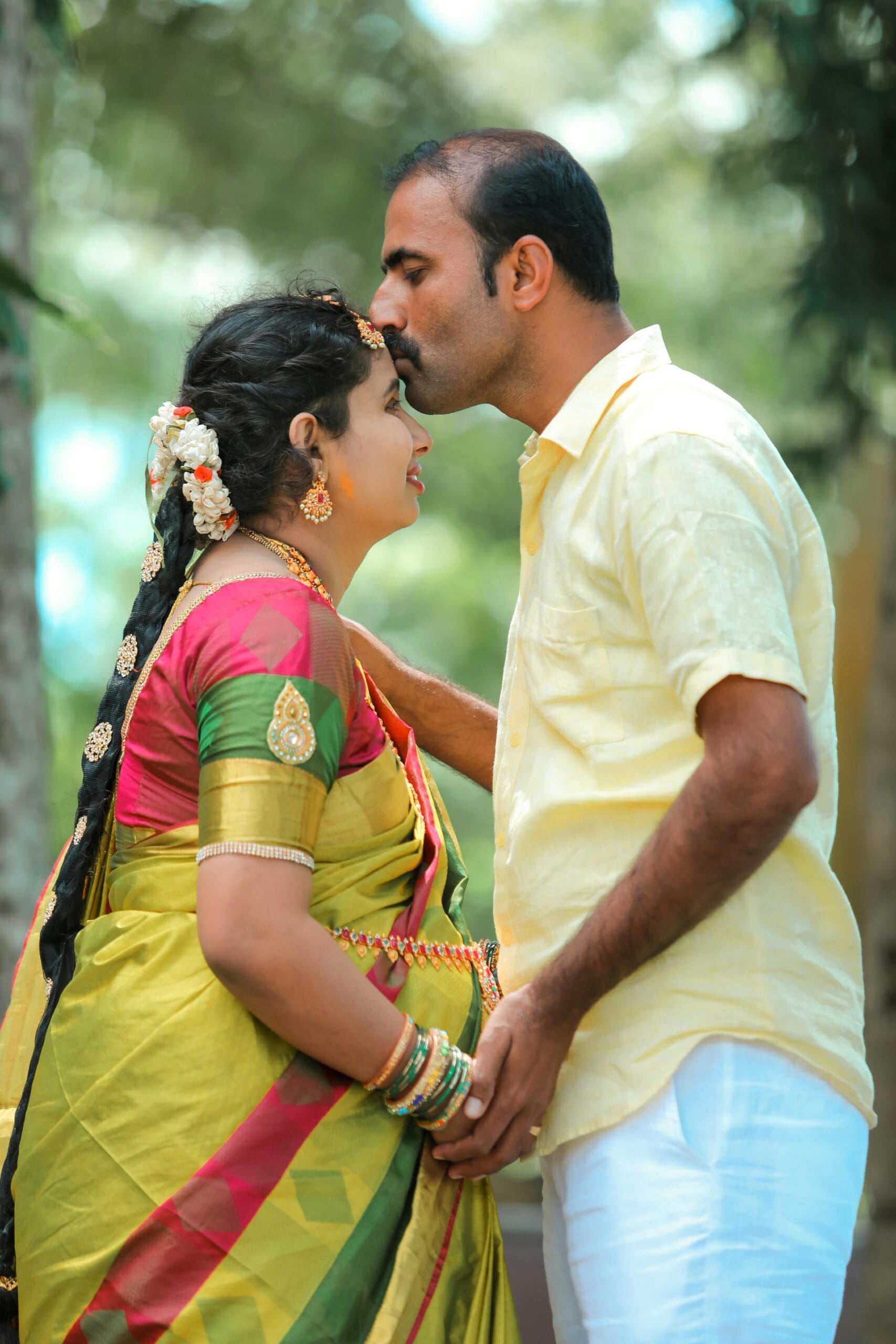Subtotal $0.00
Shopping cart
- info@kulathinmelayurveda.com
- Bethel School Rd, Thevalakkara, Mynagappally, Kerala 690524

At Kulathinmel Ayurveda, we support couples on their journey to parenthood with time‑tested Ayurvedic protocols for Vandhyatva (infertility). Our approach combines classical diagnostics, individualized Panchakarma, targeted herbal formulations, and lifestyle guidance to nurture reproductive health in a safe, non‑invasive way

What is Vandhyatva in Ayurveda?
In Ayurveda, infertility (Vandhyatva) arises when the reproductive tissues (Shukra/Artava Dhatu) are compromised, and the balance of Vata–Pitta–Kapha, especially Apana Vayu, is disturbed. Common contributing factors include chronic stress, poor digestion (Agni disturbance), nutrient depletion, hormonal imbalance, and structural issues.
Female: Irregular cycles, painful periods, Artavakshaya (scanty flow), PCOS/PCOD, endometriosis (co‑management), luteal phase defects, recurrent implantation failure.
Male: Low sperm count/motility (Shukra Kshaya), morphology issues, varicocele (co‑management), sexual debility due to stress and lifestyle.
Detailed case taking: cycle history, lifestyle, digestion, stress, sleep.
Prakriti & Vikriti assessment (body type and current imbalance).
Nidana (causative factors) mapping and Agni evaluation.
Review of prior reports (hormones, sonography, semen analysis) to tailor care.
Virechana (pitta cleansing) to improve hormonal rhythm and metabolism.
Basti (medicated enemas, incl. Yapana/Matra Basti) to balance Apana Vayu.
Nasya for stress axis support and sleep.
Uttara Basti (specialized intra‑uterine/urethral procedure) only by qualified physicians when indicated.
*Panchakarma protocols are planned seasonally and patient‑specifically after examination.
Herbal formulations: Shatavari, Ashwagandha, Gokshura, Lodhra, Yashtimadhu, Phala Ghrita, and indicated classical preparations.
Rasayana (rejuvenation): to nourish Rasa–Rakta–Shukra/Artava Dhatu.
Mind–body therapies: Shirodhara, Abhyanga to reduce stress and improve sleep quality.
Warm, easily digestible, ghee‑enriched meals to kindle Agni.
Iron‑, folate‑, and protein‑rich vegetarian options.
Avoid late nights, excessive exercise, alcohol, and ultra‑processed foods.
Yoga & Pranayama: Baddha Konasana, Supta Virasana, Viparita Karani, Nadi Shodhana, Bhramari.
Typical programs run 8–16 weeks (including pre‑conception cleansing, nourishment, and cycle‑specific care) with monthly reviews. Timelines vary by diagnosis and couple’s age.
Ayurveda can be used adjunctively to improve overall health, stress resilience, sleep, and digestion. We coordinate timelines to avoid conflicts with stimulation cycles.
It is a specialized procedure performed only after thorough evaluation by qualified physicians under sterile conditions and isn’t indicated for every patient.
Fertility is multifactorial. We usually plan 8–16 weeks of care; individual outcomes vary.


Visit or Call Us Today
Ayurveda focuses on identifying and correcting the root cause of illness by balancing body energies (doshas), improving digestion, and detoxifying the body. Unlike modern medicine, which often manages symptoms, Ayurveda emphasizes long-term healing and prevention.
Yes, Ayurvedic treatments use natural herbs, oils, and therapies that are generally safe when prescribed by a qualified practitioner. At Kulathinmel Ayurveda, treatments are customized to each patient’s condition, ensuring safety and effectiveness.
The duration varies depending on the severity of the condition, body constitution, and lifestyle factors. Some patients experience relief within weeks, while chronic conditions may require a few months of consistent treatment.
When taken under professional guidance, Ayurvedic treatments rarely cause side effects. Unlike chemical-based medicines, Ayurveda uses natural remedies that support overall health while addressing the specific illness.
Yes, in many cases Ayurveda can complement modern treatments. However, it’s important to consult an Ayurvedic doctor who can guide you on the best approach to avoid interactions.
WhatsApp us